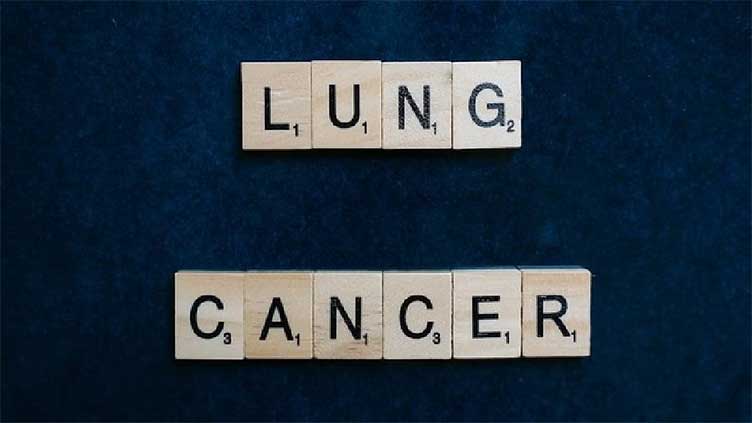New bacterial therapy approach to treat lung cancer

New bacterial therapy approach to treat lung cancer
(Web Desk) - Lung cancer is the most lethal cancer in the United States and worldwide. Many currently available therapies have been found to be ineffective, leaving patients with few options. Bacterial therapy has been a promising new cancer treatment strategy, but while it has quickly progressed from laboratory experiments to clinical trials in the last five years, the most effective treatment for certain types of cancers may be in combination with other drugs.
Columbia Engineering researchers have developed a preclinical evaluation pipeline for bacterial therapy characterization in lung cancer models.
Their new study, published in Scientific Reports on December 13, 2022, combines bacterial therapies with other treatment modalities to improve treatment efficacy while minimising toxicity.
This novel approach was successful in characterising bacterial therapies and integrating them with current targeted therapies for lung cancer.
“We envision a rapid and selective expansion of our pipeline to improve treatment efficacy and safety for solid tumors,” said first author Dhruba Deb, an associate research scientist in Professor Tal Danino’s lab in Biomedical Engineering who studies the effect of bacterial toxins on lung cancer. “As someone who has lost loved ones to cancer, I hope to see this strategy progress from the bench to the bedside in the future.”
The researchers used RNA sequencing to determine how cancer cells respond to bacteria at the cellular and molecular levels.
They developed a hypothesis about which molecular pathways in cancer cells contributed to the cells’ resistance to bacteria therapy. To test their hypothesis, the researchers used current cancer drugs to block these pathways and discovered that combining the drugs with bacterial toxins is more effective in killing lung cancer cells. In mouse models of lung cancer, they validated the combination of bacteria therapy and an AKT inhibitor.
“This new study describes an exciting drug development pipeline in lung cancer that has previously been unexplored- the use of toxins derived from bacteria,” said Upal Basu Roy, executive director of research at the LUNGevity Foundation in the United States.
“The preclinical data presented in the manuscript provides a strong rationale for further research in this area, potentially opening up new treatment options for patients diagnosed with this lethal disease.”
Deb intends to broaden his strategy to include larger studies in preclinical models of difficult-to-treat lung cancers, as well as collaborate with clinicians to push for clinical translation.

